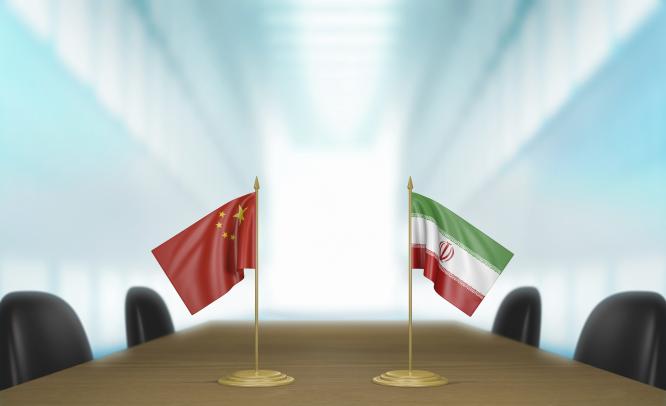The battle for investment opportunities has just begun as the Middle East superpower opens itself to the world
Suparna Goswami Bhattacharya
May 25, 2016: From the time sanctions have been lifted on Iran, it has become a hot destination for investments globally. And there are ample reasons for this interest.
First, one must understand the opportunity that Iran presents and just how high the stakes are. With a GDP of approximately $1.4 trillion, Iran is the 18th largest economy in the world and accounts for 1.5 per cent of the world’s GDP.
In fact, technically, Iran’s economy is better than most countries in Asia and the Middle East. Most Asian economies are still trying to shift out of their dependence on agriculture while the Middle Eastern nations are figuring out a way to diversify from oil. Compared to this, Iran has a strong infrastructure and industrial base. While oil & gas contribute 25% to the country’s wealth, automobile, agriculture, manufacturing & mining industries contribute 10% each.
China won’t be happy
But, China will not be particularly pleased now that Iran is ‘open to all’. Driven primarily by economic interests, the Dragons saw a great opportunity in Iran when other foreign firms retreated in 2011-12.
Erika Welch, Director of Business Development, Middle East, Solidance, says, “As Iran became increasingly estranged from the global economy, China stepped into a lucrative market with no competition in sight. This was feasible for China, as companies there adhere only to the Letter of Resolution 1929, which contains no explicit restrictions on energy investment or trade.”
According to the International Monetary Fund (IMF), trade between China and Iran soared from $4 billion in 2003 to $53 billion by 2013.
In January this year, Chinese President Xi Jinping met Iranian President Hassan Rouhani. They agreed to increase bilateral trade to $600 billion by 2026.
However, it is natural that an open economy will lead to competition between old and new partners. Iranians now crave ‘better quality’ European and Western products. The last few years saw Iranians boycott both Chinese and locally manufactured cars. In high quality sectors such as pharmaceuticals, food and beverages, Iranians prefer obtaining production licences from their European counterparts.
Nadereh Chamlou, International Development Advisor and former Senior Advisor of the World Bank, says, “Iran is now looking for top-grade technology, which China does not provide. But the West is also importing from China because of cost competitiveness. There is no reason for Iran to substitute a large share of its Chinese imports for the far more expensive European products.”
Dr Siamak Goudarzi, CEO, Open Iran Group, agrees Iranians are looking for higher quality products. “If America decides to open its market for Iran, it could pose a real threat to China and even Europe, as people are eager to try American products. It has been almost 40 years since the US has shut its market for Iran,” says Goudarzi.
Old business partners
Since January, many Asian and European countries have made a beeline to Iran to gauge the market and start establishing relationships while their American counterparts are merely looking on, thanks to strict compliance regulations prevalent in the country.
“I would say India, with its fast developing economy and close ties with Iran, is one of the countries that will pose a major threat to China,” says Goudarzi.
Additionally, China can expect face stiff competition from Japan, South Korea and Europe.
“German and Japanese products in particular have strong consumer perceptions in Iran, and Iranians are looking forward to the flood of these foreign products,” remarks Welch.
Having said that, there are advantages that China enjoys.
Yeganeh Eghbalnia, Senior Investment Analyst, Turquoise Partners, is of the view that China has progressed in many strategic industries compatible with their European and American counterparts. “Iranian and Chinese companies, who have been working together over the past 10 years, have developed a comfort level in terms of accountability and compatibility in doing business. Hence, those successful business models will continue to work after sanctions,” says Eghbalnia.
Who will win over the Iranians, only time will tell. For now, Iran is enjoying the new-found attention.

